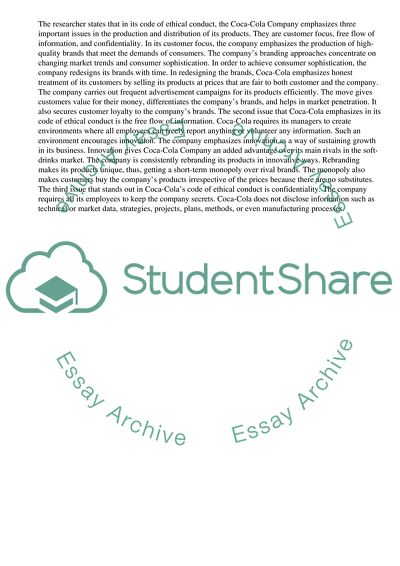Cite this document
(“Challenges in the Global Business Environment: The Coca-Cola Company's Assignment”, n.d.)
Challenges in the Global Business Environment: The Coca-Cola Company's Assignment. Retrieved from https://studentshare.org/business/1647979-challenges-in-the-global-business-environment
Challenges in the Global Business Environment: The Coca-Cola Company's Assignment. Retrieved from https://studentshare.org/business/1647979-challenges-in-the-global-business-environment
(Challenges in the Global Business Environment: The Coca-Cola Company'S Assignment)
Challenges in the Global Business Environment: The Coca-Cola Company'S Assignment. https://studentshare.org/business/1647979-challenges-in-the-global-business-environment.
Challenges in the Global Business Environment: The Coca-Cola Company'S Assignment. https://studentshare.org/business/1647979-challenges-in-the-global-business-environment.
“Challenges in the Global Business Environment: The Coca-Cola Company'S Assignment”, n.d. https://studentshare.org/business/1647979-challenges-in-the-global-business-environment.


